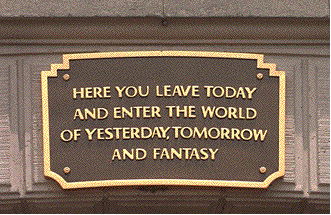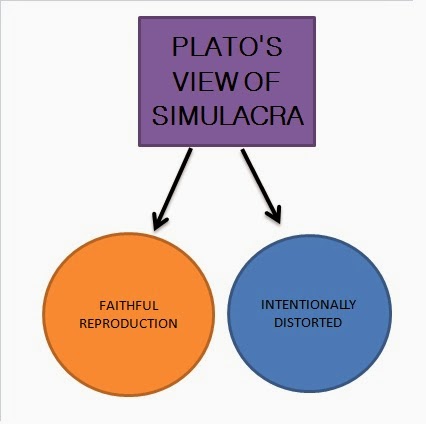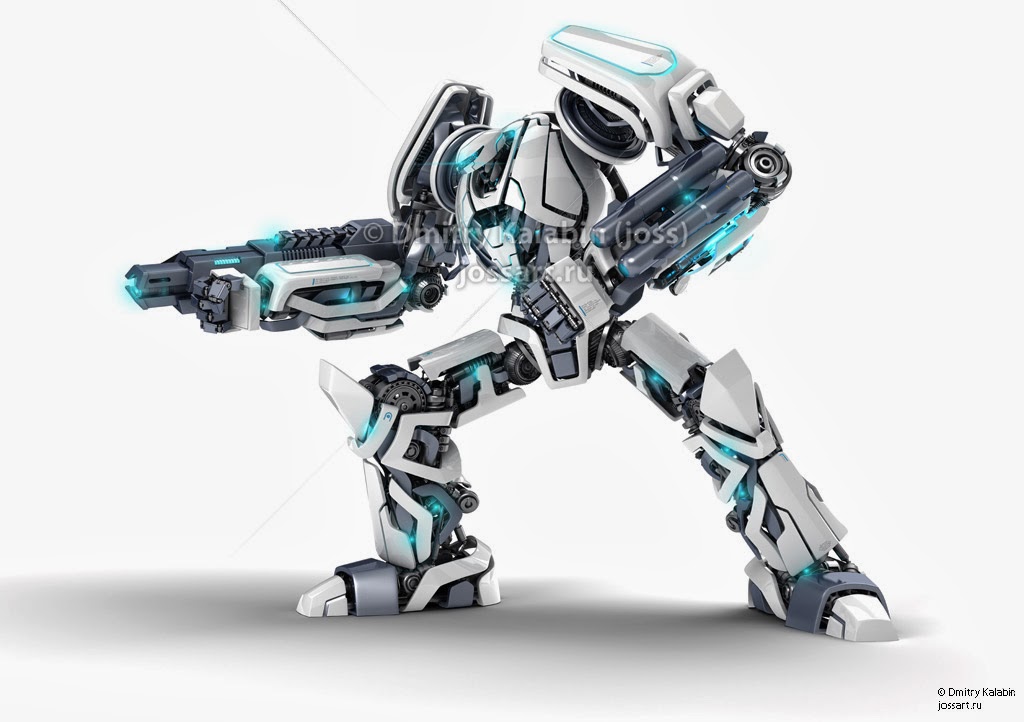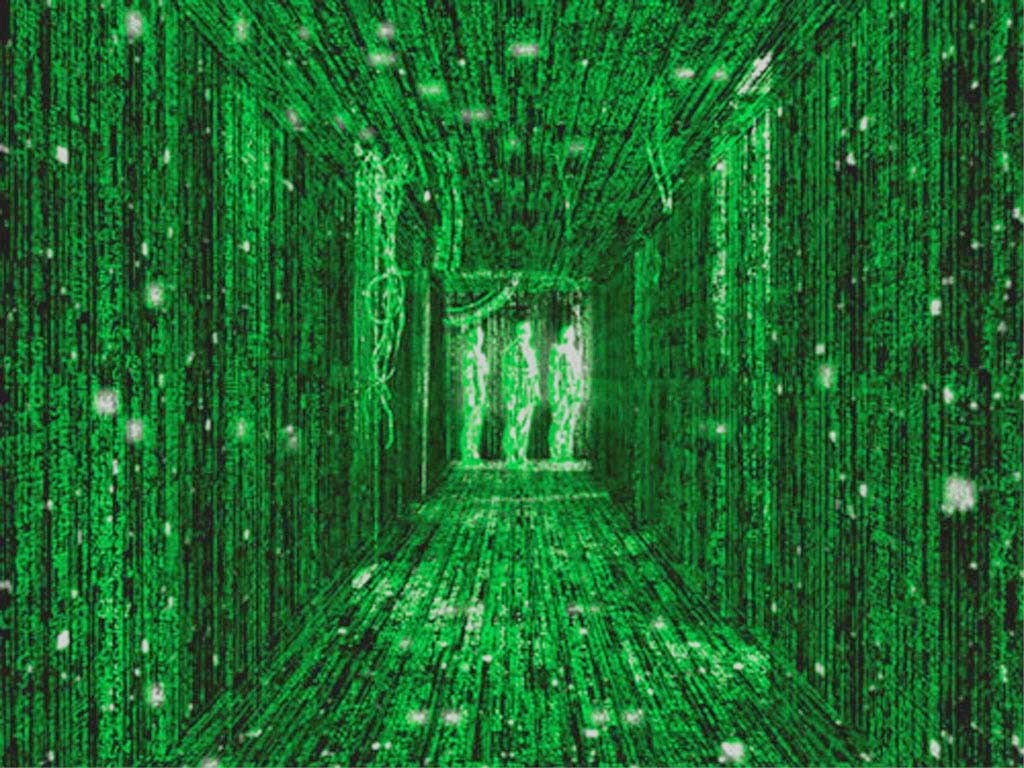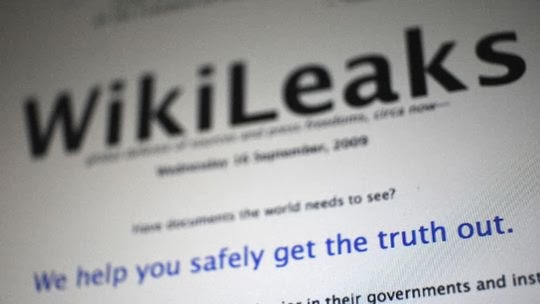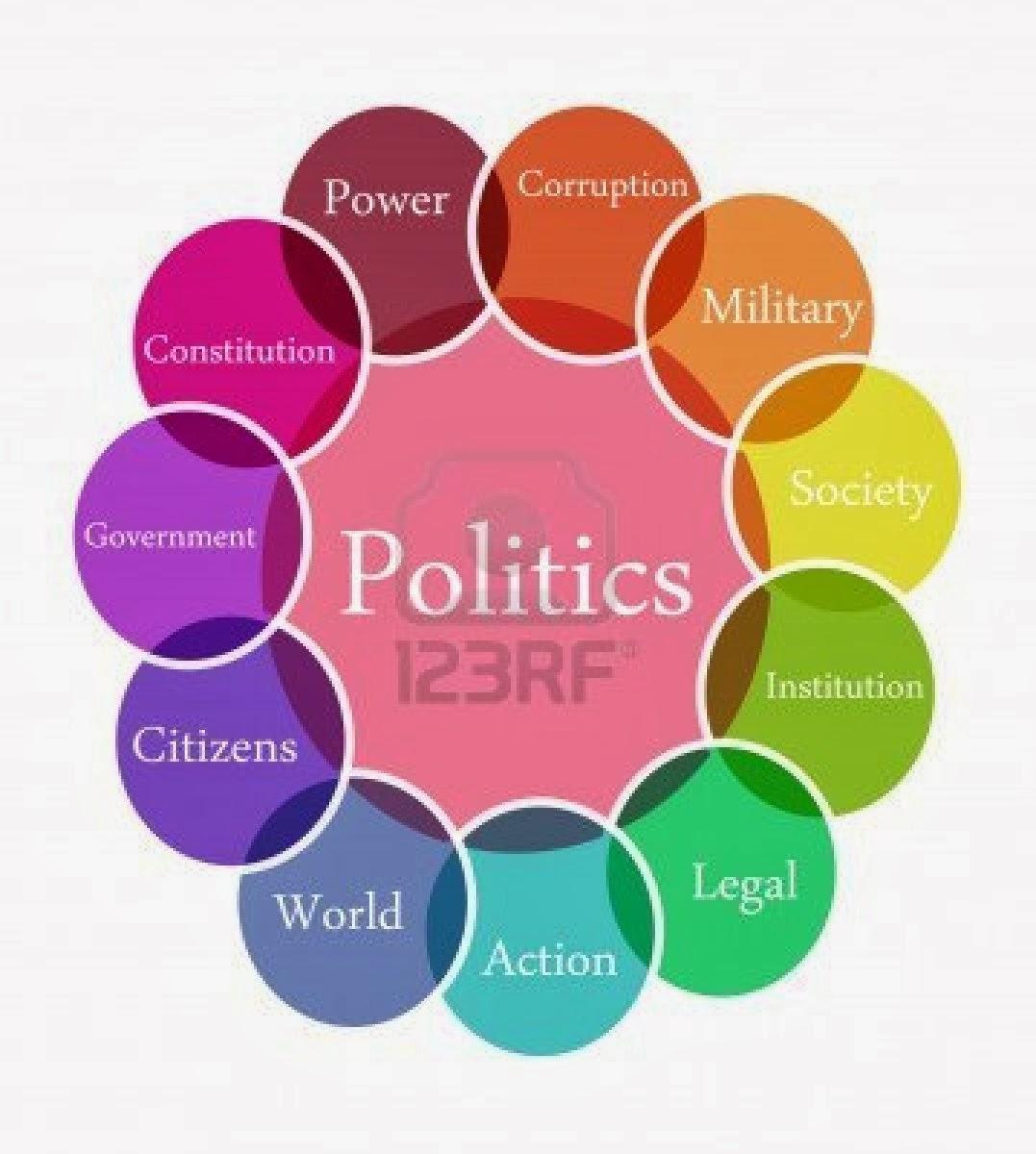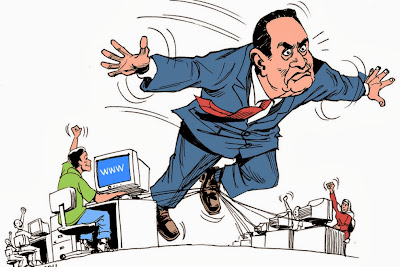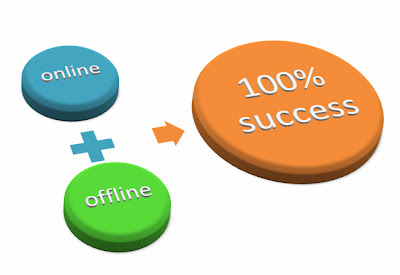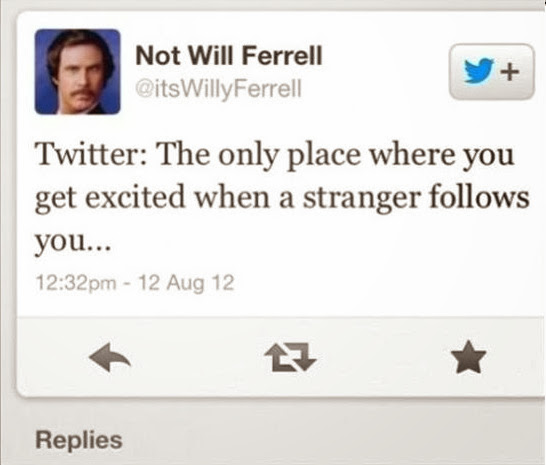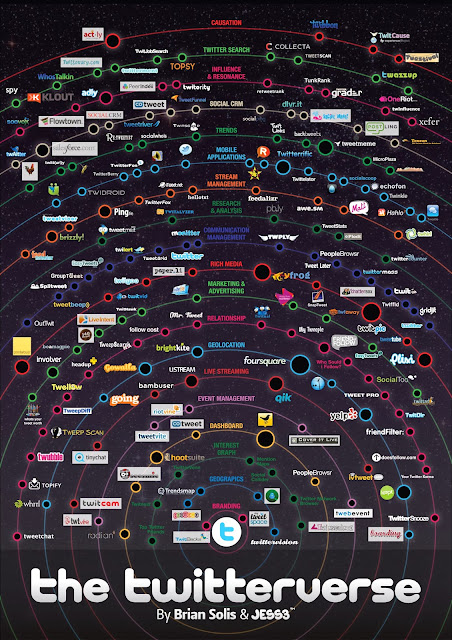As the end of another unit approaches me, the end of a friendship, a relationship or even more seriously the end of a life happens every day and some of this can be caused by social media.
Cyber bullying, hacking and cyber terrorism are all different tools to exert power over another person or group of people to create fear and self doubt through the use of social medias such as mobile phones and social media sites. This is happening too much with deaths related to cyber bullying on the rise.
The FACTS about Cyber bullying
' Nearly 43% of kids have been bullied online' (Cyberbullying statistics, 2014).
Only 1 in 10 victims will report their abuse (Dosomething.org, 2013).
'Bullying victims are 2 to 9 times more likely to consider committing suicide.' (Dosomething.org, 2013).
Girls are more likely than boys to be victims of cyber bullying (Cyberbullying statistics, 2014).
The Generation F (Facebook) admit to checking Facebook several times a day, and inevitably stalking is bound to happen. Scary huh! This creates a mixture of emotions, when people see their friends hanging out and they were not invited or when a message on Facebook is 'seen' but there is no reply which makes people doubt their friendships and their self esteem decreases ultimately destroying relationships.
Teen Death caused from Cyber bullying - This story highlights the effects of cyber bullying which is quite provoking and alarming.
Along with cyber bullying, addiction to the cyber world is becoming more prominent in society.
68% of people admit to using social media more than 10 times a day and 45% of people admit that eating was one of the most popular times to view their social media sites and update statuses. An eye opening statistic for teachers shows that 37% of people are updating social networking sites rather than listening in the classroom. (PrLog, 2012).
It is evident from these findings that social media is taking a toll on the lives of people in society with it becoming like any bad habit such as smoking, drinking or drug abuse. However this issue is not looked at with stigma like these other bad habits that have been listed.
We have discussed cyber bullying and addiction in relation to social media being weapons of mass destruction, another issue we all face is the issue of E-Extremism. Extremist groups are now using social media as a tool to bring large audiences together to recruit people into their cause (Gerstendfeld, Grant & Chiang, 2003). An example of this is the Westboro Baptist Church who hate gay and lesbian people. Check out their site here. This is quite disturbing. Another example of this is organisations like the KKK and terrorist groups.
So now the time has come for you to tell me what you think. Is social media a good thing or is it a weapon of mass destruction?
Signing out for now, KM!So now the time has come for you to tell me what you think. Is social media a good thing or is it a weapon of mass destruction?
References
Bullying Statistics (2014) Viewed 8th February
2014 from http://www.bullyingstatistics.org/content/cyber-bullying-statistics.html
Dosomething.org (2013) 11 Facts about cyber bullying, viewed
7th February 2014, from http://www.dosomething.org/tipsandtools/11-facts-about-cyber-bullying
Gerstendfeld. P., Grant, D., & Chiang. C (2003) Hate
Online: A Content Analysis of Extremist
Internet Sites, Analyses of Social Issues & Public
Policy, Vol 3 (1), p29-44.
Prlog, (2012) Cyber
bulling Statistcs, viewed 8th February 2014 from http://www.prlog.org/11971493-statistics-show-real-social-media-addiction.html
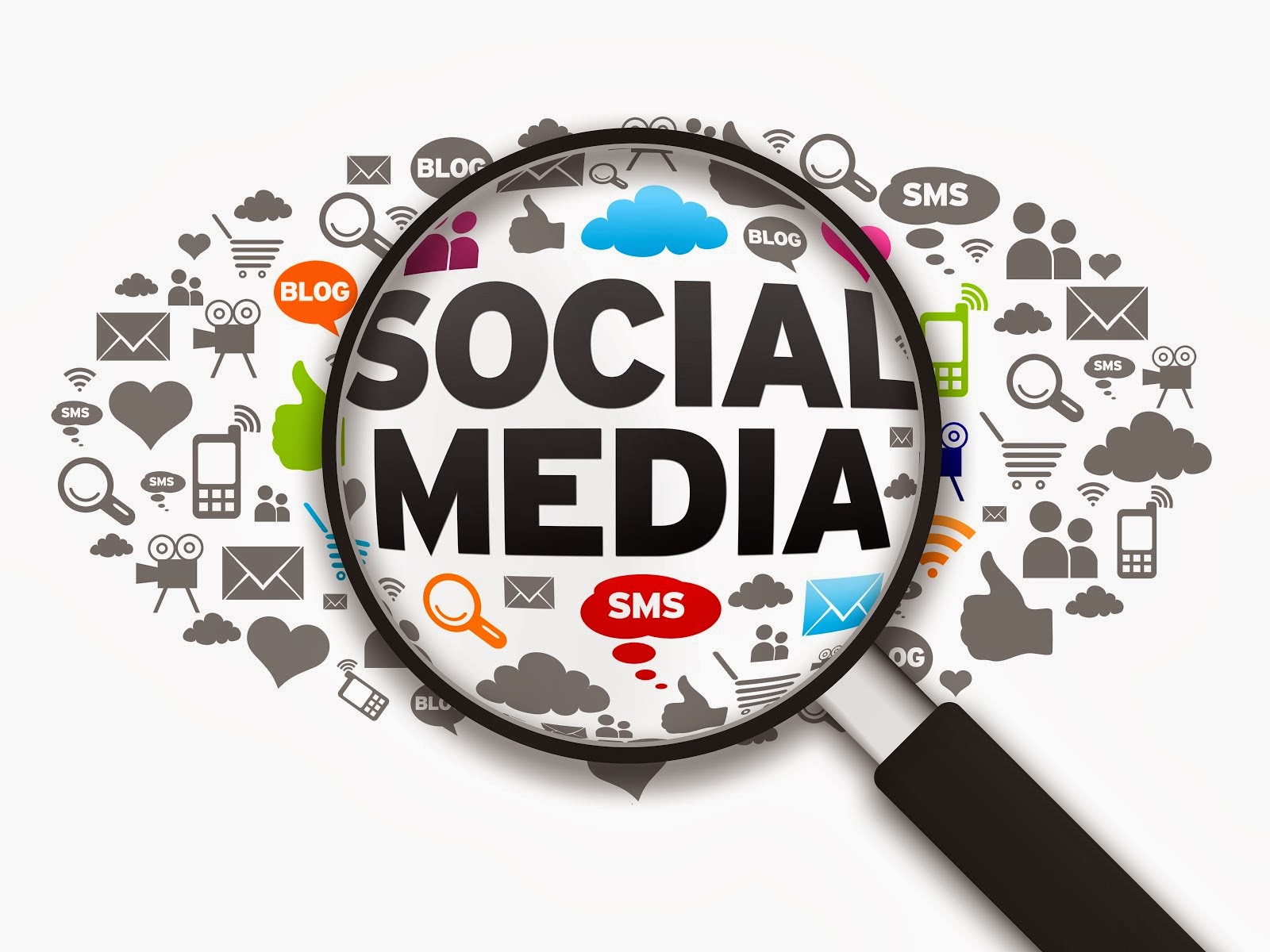
.jpg)



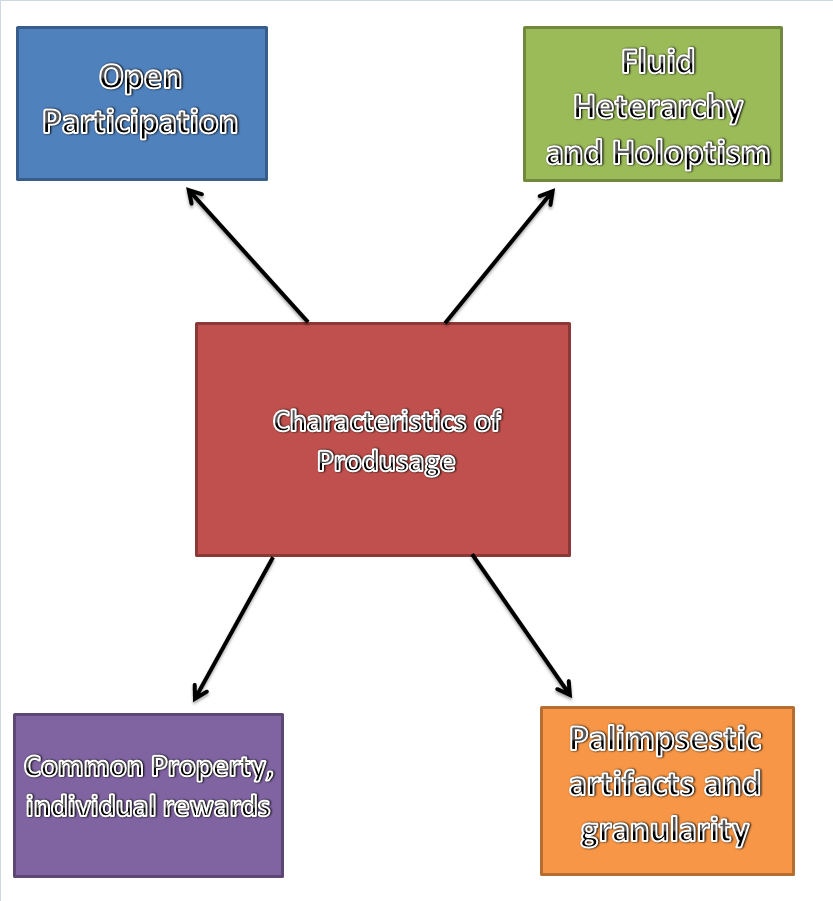
.jpg)


